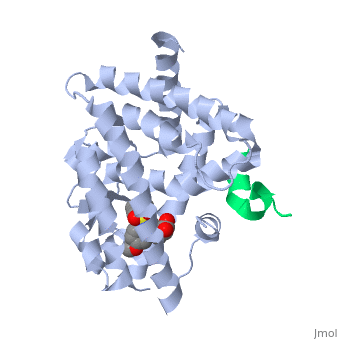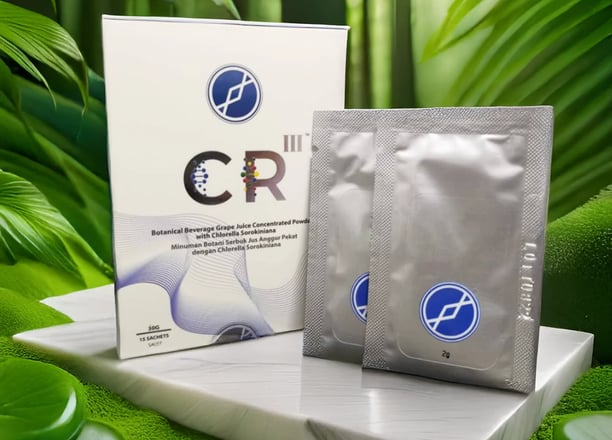About Christian Grommes, M.D.
Dr. Christian Grommes is a leading medical oncologist whose innovative research bridges metabolic regulation and cancer biology. His work on peroxisome proliferator-activated receptor gamma (PPARγ) agonists has uncovered their potential to reduce the risk of high-grade gliomas, offering new hope for brain cancer prevention and treatment.


Christian Grommes, M.D.
Medical Oncologist, Memorial Sloan Kettering Cancer Center
Specialist in Neuro-Oncology & Experimental Therapeutics
Build your own dreams
Or someone else will hire you to build theirs. Here is how you can take action – starting today.
Title
PPARγ agonists are drugs that activate the PPARγ nuclear receptor, which regulates genes involved in metabolism, inflammation, and cell differentiation. Commonly used to treat diabetes (e.g., pioglitazone, rosiglitazone), these agents have unexpected anti-cancer properties.
Inverse Association of PPARγ Agonists Use and High-Grade Glioma Development
Authors
Grommes C, Conway DS, Alshekhlee A, Barnholtz-Sloan JS
Journal
Journal of Neuro-Oncology (2010)
PMID: 20443132


Method Used
Retrospective design with rigorous adjustment for confounders—provides compelling but preliminary evidence that PPARγ agonists may reduce glioma risk in diabetics. Prospective trials are needed to validate these findings and explore therapeutic applications in glioma prevention and treatment.
Primary Outcome:
Odds Ratio (OR): Compared PPARγ agonist use in diabetic glioma vs. diabetic hip fracture patients.
Models:
Univariable logistic regression: Crude OR.
Multivariable logistic regression: Adjusted for age, gender, race, comorbidities.
Secondary Outcome (Survival Analysis):
Kaplan-Meier curves: Compared survival in GBM patients (diabetic vs. non-diabetic; PPARγ users vs. non-users).
Cox proportional hazards models: Adjusted for age, comorbidities, tumor histology, surgery type, and KPS.
Statistical Analysis
Key Discoveries from the 1999 Paper
Dr. Demetri’s work revealed its unexpected role in cancer biology: activating PPARγ forces malignant cells to mature into harmless fat cells, halting tumor growth.
Survival Trends
Glioblastoma (GBM) patients on PPARγ agonists showed a median survival of 19 months vs. 6 months for non-users, though results were not statistically significant due to small sample size.


Reduced Glioma Incidence
Diabetic patients using PPARγ agonists had a 4-fold lower odds of developing high-grade gliomas (anaplastic astrocytoma and glioblastoma) compared to diabetic hip fracture patients


Mechanistic Insights
PPARγ activation suppresses glioma cell proliferation, induces apoptosis, and reduces tumor growth in animal models.


Why This Matters to Your Health
Fuel your wellness at the molecular level—with clinically inspired PPAR support.


Our product contains natural PPARγ-activating compounds, helping your body support:
Cellular balance and differentiation
Immune response modulation
Healthy brain and metabolic function
